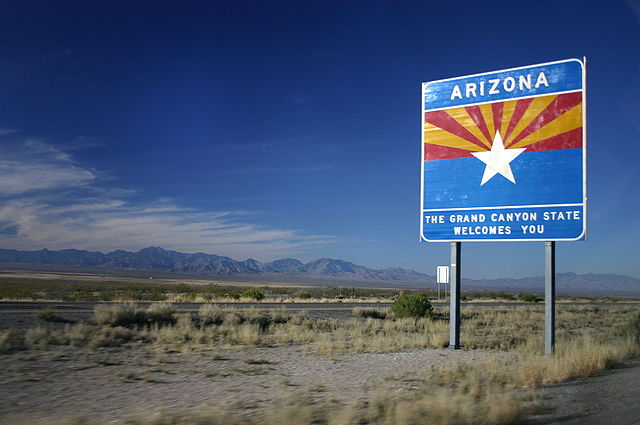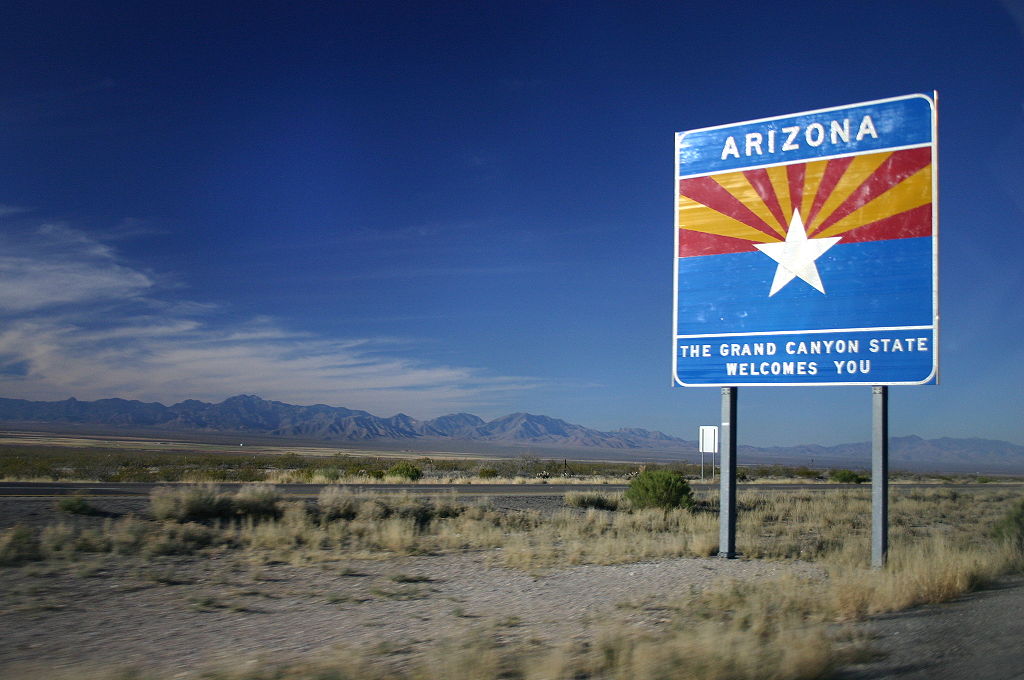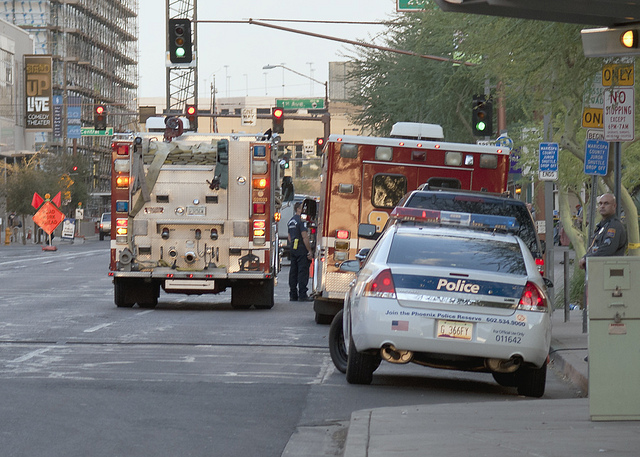Tucson’s 2015 payment to its pension systems will likely be much higher than city officials initially thought—new calculations by Arizona pension officials indicate Tucson may be on the hook for an additional $16 million.
The city thought its 2015 payment to the public safety pension system would total around $46 million. But after recent calculations, the payment will likely be upwards of $62 million.
Reported by the Arizona Daily Star:
Tucson could pay up to $16 million more for its police and fire pensions next fiscal year, according to a newly released state pension board report.
The ballooning costs are mostly the result of a recent Arizona Supreme Court decision overturning a 2011 state law intended to keep pension costs down.
The decision means Tucson could pay about $62 million for its public-safety pensions next year.
Back in February, the court ordered the Public Safety Personnel Retirement System to reimburse retirees $40 million for past cost-of-living increases and to shift $335 million to a reserve fund to cover future cost-of-living increases.
After the ruling, the state pension board had to calculate how much of a dent the court order would put in each city’s retirement funds.
It released its calculations earlier this week.
For Tucson, it drops its police and fire pensions under 40 percent funded through the plan’s investments, according to PSPRS documents.
That means taxpayers are on the hook for $763 million in unfunded pension obligations owed to existing and future public safety retirees. The two pensions hovered around 50 percent funded last year.
As a result, Tucson will likely pay over 60 cents on every dollar of salary for police and fire personnel toward pensions.
Tucson’s payments to its pension systems in 2015 are expected to total around $100 million.


